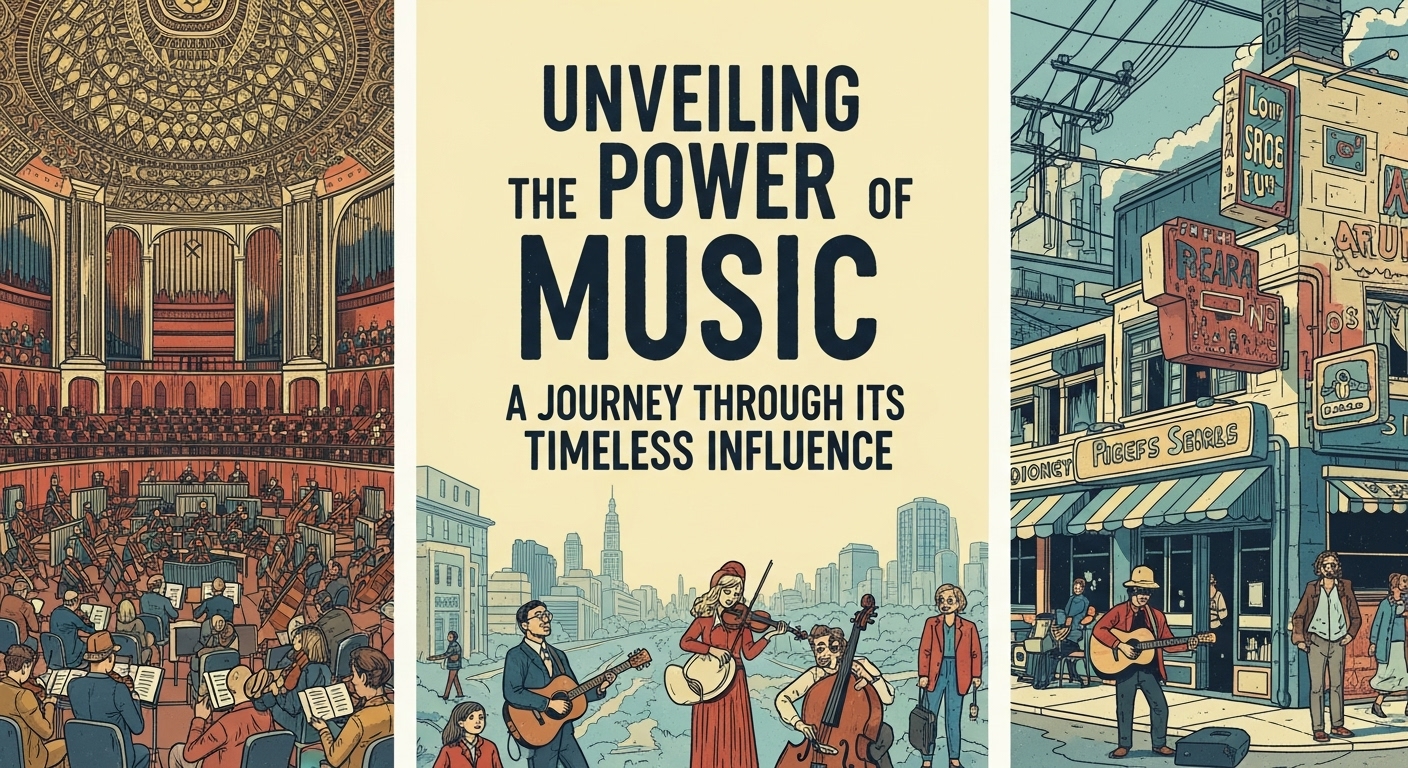### The Universal Language of Music: Exploring Its Rich Tapestry
Music is a universal language that transcends borders, cultures, and time. It has the power to evoke emotions, create connections, and shape our experiences in ways that words alone cannot. From ancient tribal chants to modern pop hits, music has been an integral part of human existence for centuries. In this blog post, we will delve into the fascinating world of music, exploring its history, significance, applications, and future trends.
### A Brief History of Music
The history of music dates back to prehistoric times when early humans used their voices and simple instruments to create sounds. Over the centuries, music evolved into complex compositions and diverse genres, reflecting the cultural and social landscapes of different civilizations. From classical masterpieces by composers like Mozart and Beethoven to the revolutionary sounds of jazz, rock, and hip-hop, music has continuously reinvented itself while staying true to its essence as a form of expression and communication.
### The Significance of Music in Our Lives
Music plays a profound role in our lives, influencing our moods, memories, and perceptions. Whether we are celebrating a joyful occasion, mourning a loss, or simply seeking solace, music has the power to uplift our spirits and provide comfort. It serves as a form of self-expression for artists and listeners alike, allowing us to connect with our emotions and share our stories with the world. Moreover, music has therapeutic benefits, with studies showing that it can reduce stress, improve cognitive function, and enhance overall well-being.
### Applications of Music in Various Fields
Music has diverse applications across various fields, showcasing its versatility and impact on society. In education, music is used to enhance learning, foster creativity, and develop cognitive skills in students of all ages. In healthcare, music therapy is employed to support individuals with physical, emotional, and cognitive challenges, aiding in their recovery and rehabilitation. Furthermore, music is a powerful tool in marketing and advertising, influencing consumer behavior and creating brand identities through catchy jingles and memorable soundtracks.
### Future Trends in the World of Music
As technology continues to advance, the future of music holds exciting possibilities for innovation and creativity. With the rise of streaming platforms and digital distribution channels, artists have greater access to global audiences and new avenues for showcasing their work. Virtual reality and augmented reality are also reshaping the music industry, offering immersive experiences for fans and pushing the boundaries of live performances. Additionally, artificial intelligence is revolutionizing music production and composition, enabling musicians to explore new sounds and styles with the help of algorithms and machine learning.
### Conclusion
In conclusion, music is a multifaceted art form that enriches our lives, connects us to one another, and reflects the beauty and complexity of the human experience. Its history is a testament to the enduring power of creativity and expression, while its significance in our daily lives underscores its profound impact on our emotions and well-being. As we look ahead to the future, the world of music continues to evolve and adapt to changing technologies and trends, promising endless possibilities for innovation and discovery. So, let us immerse ourselves in the enchanting world of music and embrace its timeless melodies that resonate across time and space.

